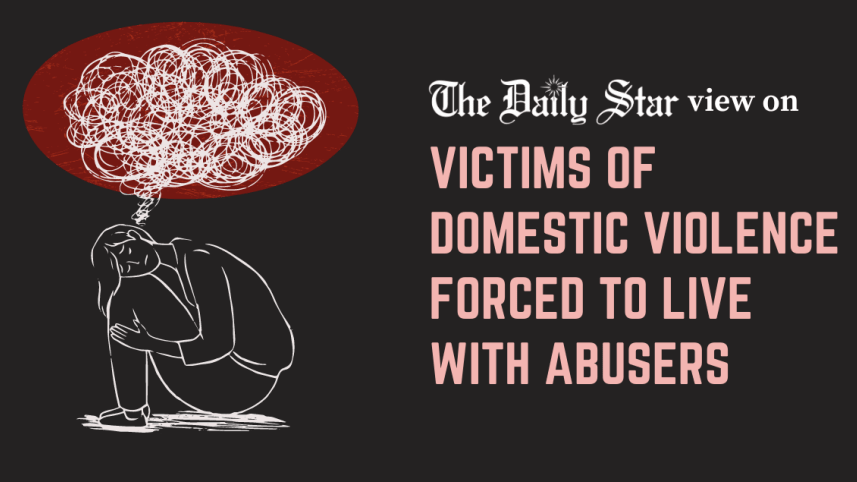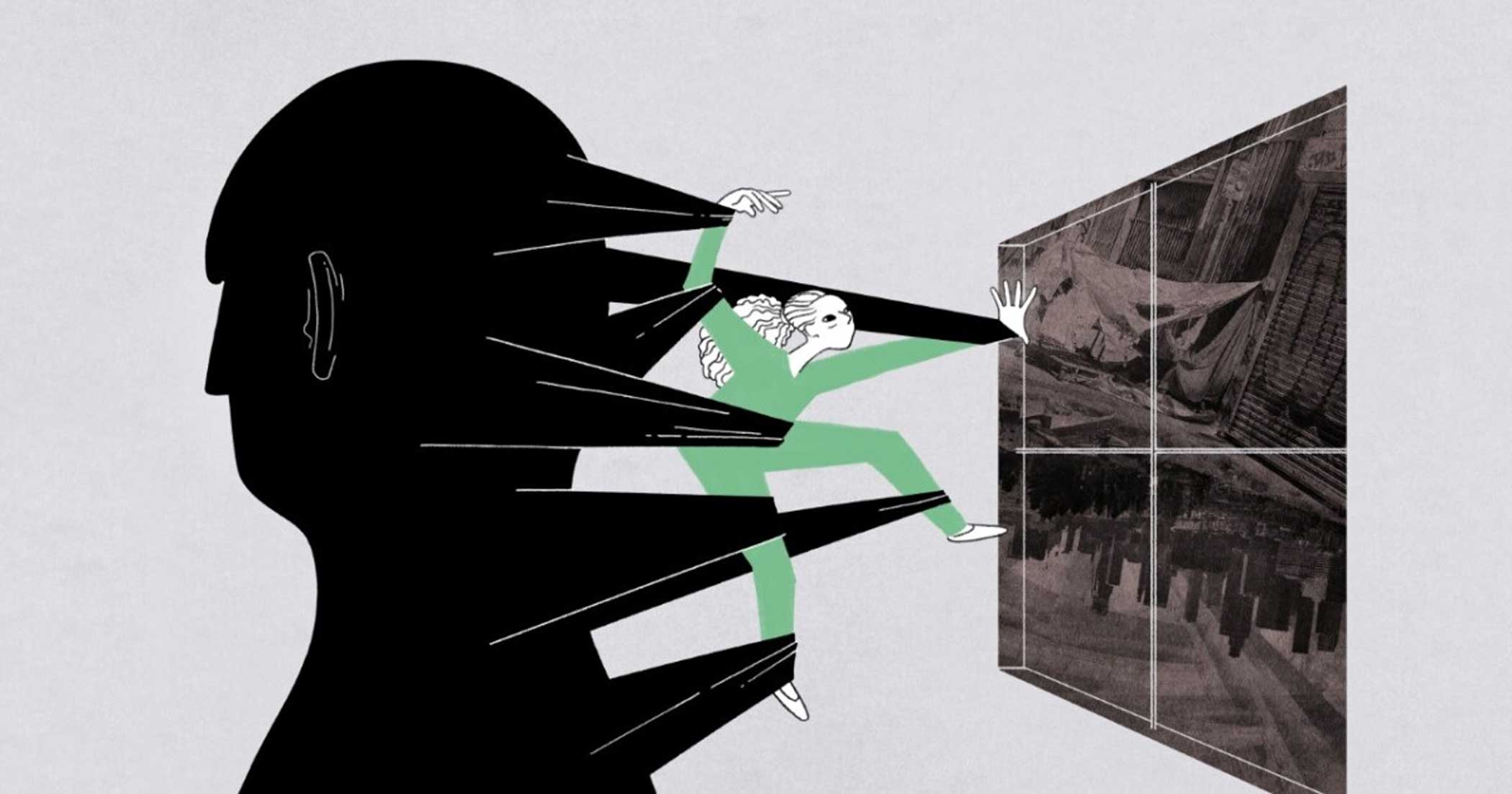Too few shelters for domestic violence victims

We are utterly disappointed that the Domestic Violence (Prevention and Protection) Act, enacted 12 years ago, has not had the desired impact due to a lack of proper enforcement and in the absence of necessary institutional support for victims. According to a report published in this daily, victims and survivors of domestic violence in the country can hardly access shelters, psycho-social counselling and medical services, let alone seek any legal redress for the crimes committed against them. In the absence of a proper support mechanism, a majority of the victims are being forced to live with their abusers.
Reportedly, we currently have only around 36 shelters in the country – 15 of them run by NGOs – for over 80 million women and over 64 million children. Most of these shelters are located in the metropolitan areas, which is difficult for women from the grassroots level to access. In addition, the process of admission to a shelter is very complicated, as victims need police referrals or court orders to get access to Victim Support Centres or One-Stop Crisis Centres being run by the state agencies. But most victims of domestic violence are unable to immediately file cases with police or go to courts. As a result, when women want to get out of an abusive relationship or want to leave their abusive in-laws' houses, they often face the threat of homelessness. More often than not, they are forced to stay back or keep enduring torture.
Another factor that hinders women from seeking justice or getting out of an abusive relationship is the social stigma surrounding domestic violence, and the age-old practice of regarding these psychological and physical abuses as one's "personal matters" that should not be talked about. A joint study by Action Aid Bangladesh and Jatiyo Nari Nirjaton Protirodh Forum in 2018 found that 72 percent of women who faced intimate partner violence never disclosed it to anyone. It is alarming that such a large number of women are being subjected to torture in their own homes and are denied their right to a safe and dignified life on a daily basis.
The law has some very important provisions to support abused women and children, including protection orders for women, right to reside in the marital home, temporary custody of children, and recovery of personal assets and assets acquired during the marriage. However, it is the state's responsibility to address the loopholes in its implementation and enforce the law effectively. To begin with, it must dramatically increase the number of shelters (in partnership with NGOs if necessary), and build their capacity to provide survivors with the help and guidance they need, including psycho-social counselling and economic support. The process of accessing these services must also be made easier – we must provide the victims shelter first, and ask questions later.



 For all latest news, follow The Daily Star's Google News channel.
For all latest news, follow The Daily Star's Google News channel. 


Comments